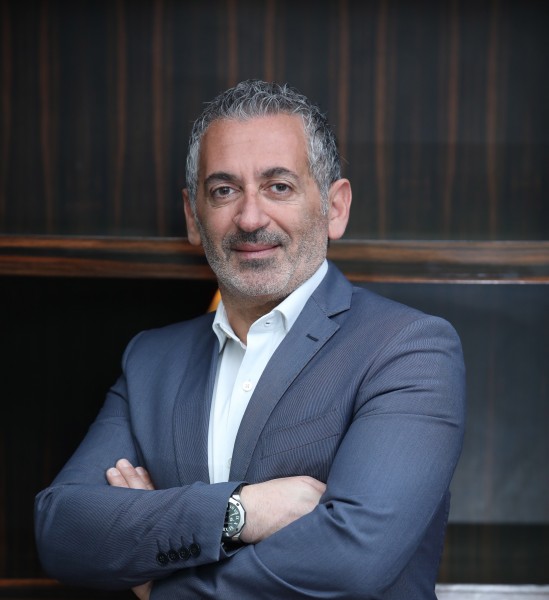The hospitality industry has seen its fair share of disruption at the hands of technology in recent years.

From the arrival of on-demand, online services such as Booking.com, to the rise of accommodation providers that rely solely on technology to secure bookings – but own no assets, the traditional hotel sector has been turned on its head, and long-standing hotel chains are now facing the need to transform themselves into digital-first organisations that meet the expectations of customers today.
Rotana Hotels has properties in 20 countries and 38 cities across the globe, and welcomes over six million guests through their doors every year. In a bid to stay apace with the burgeoning competition for customers here in the UAE – one of the world’s most desirable tourist destinations, corporate vice president of IT Samir Abi Frem sought to make a number of changes to the company’s operations.
“Regardless of your business’ size, industry or location, we’re all facing external and internal pressures to compete, and innovation now needs to be the top priority for CIOs across the board. In hospitality, we’re up against the biggest accommodation provider globally with the rise of Air BnB – and they own no hotels, so digital transformation is no longer an option for us,” says Abi Frem.
For Rotana Hotels, a major part of this transformation has centred around enhancing its data management systems with business intelligence tools to ensure a single-view of the information that really matters.
“We were previously spending a lot of time consolidating and validating our data, rather than analysing it and extracting real value from it at both a hotel and corporate level,” he says.
The absence of a single-view platform to consolidate the numerous data sources was leading to a delay in the analysis process, resulting in inefficient reporting processes. “There was no option for us to provide the top management with a real-time report, and this was a major challenge for us,” says Abi Frem.
Reliance on Excel spreadsheets and manual processes to produce these reports were also major hinderances to the efficiency of Abi Frem’s IT department in delivering the necessary information to the board. “Spreadsheets only enable you with a static view, meaning we weren’t able to drill down or figure out how we’d come to reach these results,” he says.
Rotana set out to change this by seeking a solution that could provide them with this intelligence wherever, and whenever it became necessary.
“We sought to find an efficient database integration and sync engine that could provide us with a customisable and user-friendly interface,” explains Abi Frem. “We scanned the market and opted to work with MDS ap and SAP, and went on to jointly host a number of support workshops with MDS ap to ensure that we were all working towards the same goal.”
Abi Frem prioritised the company’s customer relationship management (CRM) systems as the first data source to be loaded onto the new business intelligence platform.
“We then switched our focus onto having a solution dedicated to collecting guest feedback, before implementing an integrated loyalty programme which enables us to provide a loyalty performance dashboard for our top spenders,” he says. “Previously, it would have taken us a long time to collect this data and make real use of it – which, in this case, reflects directly onto the customer.”
Phase one of the implementation, which began in August last year, is due to go live in the coming weeks, says Abi Frem. “We’ve been carrying out a number of tests before releasing it as a full launch,” he says. “But once the project has gone live, we expect to be able to quickly access a complete view of our reality, while also being able to generate different levels of reporting, therefore enabling us to easily provide the right information to the right people to permit them to do their job to the best of their ability.”
Abi Frem is a firm believer of initiating IT projects based on their value to the business, not simply for the fact that they may be “nice to have” or follow the “latest tech trends.”
“We’re just not that kind of company,” he says. “We invest in areas where we can get immediate and measurable returns. Our board believes we can utilise technology to better ourselves and differentiate ourselves from the competition, meaning company executives are often very open and supportive for new projects.”
With the onset of emerging technologies such as artificial intelligence and robotics now putting their stamp on the Middle East, Abi Frem believes it won’t be long before they make an impact on the hospitality sector.
“We have started working on enhancing our guest service and booking processes through the installation of AI-driven chatbots,” he says. “But this is a technology we plan to investigate on a larger scale in the coming years, and I absolutely see it having a major impact on the industry in the future.”





